OpenAI’s ChatGPT Team service looks to support small firms and teams, but costs could scupper any chances of success
ChatGPT Team might not deliver huge benefits, despite OpenAI’s efforts to appeal to smaller businesses with the new subscription offering

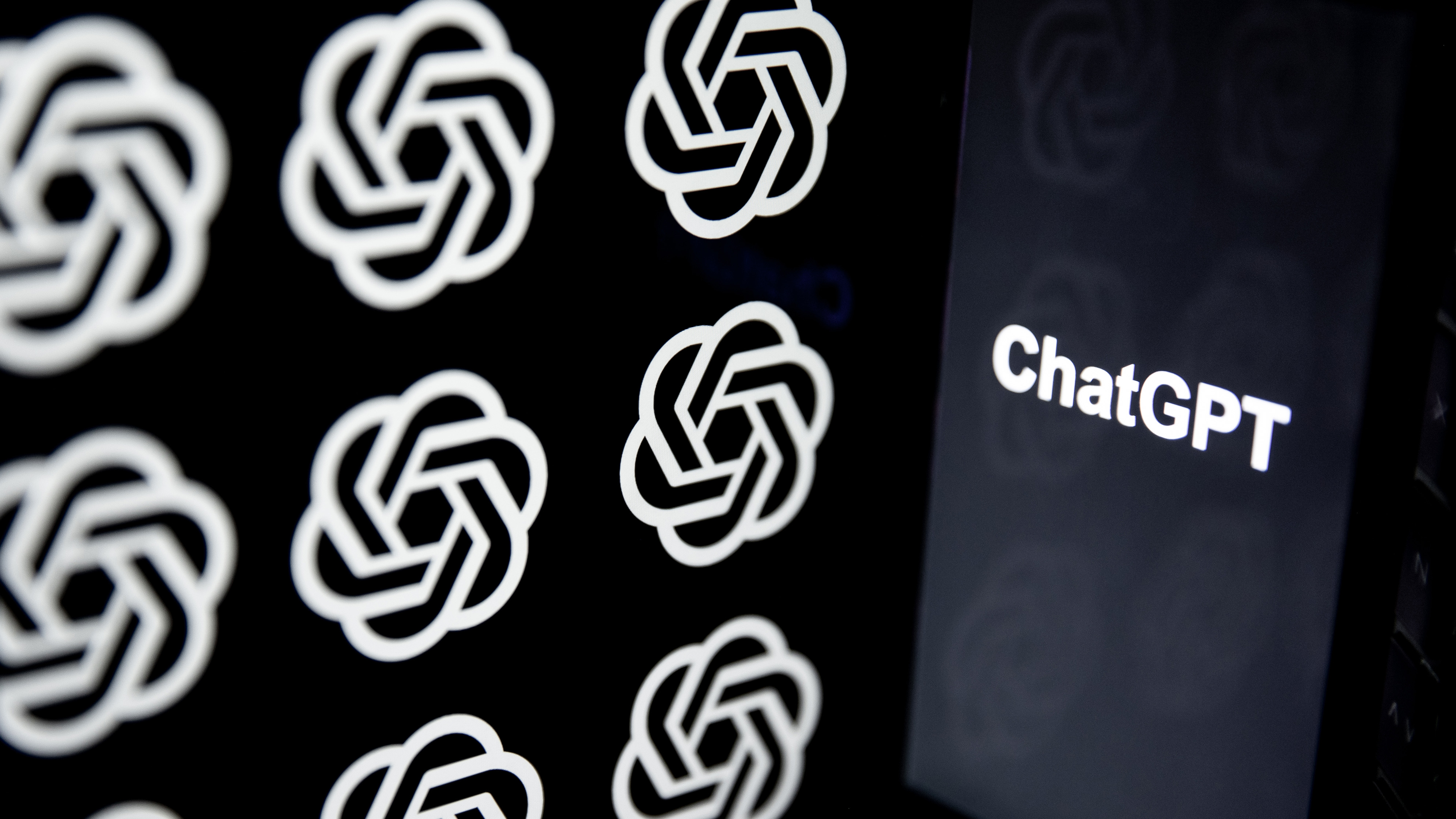
OpenAI’s ChatGPT Team offering, which appears to be aimed at targeting smaller businesses and teams with a cheaper alternative to its Enterprise tier, could fall flat due to associated costs, experts have told ITPro.
ChatGPT Team offers users access to models including GPT-4 and DALL·E 3, as well as a raft of data analysis tools. The new offering also includes a “dedicated collaborative workspace” for teams which includes the ability to build and share custom GPTs.
At $25 per month, per user (when billed annually), OpenAI appears to be positioning ChatGPT Team as a viable option for smaller businesses seeking to adopt generative AI.
ChatGPT Enterprise can cost as much as $60 per head a month and requires a minimum team size of 150 people, making the new Team subscription option a significantly cheaper alternative.
Smaller price tags could boost appeal for SMBs in this regard, and smaller businesses are a large demographic, enabling the AI giant to cater to a far broader pool of prospective customers.
The question for small businesses is whether ChatGPT Team is good value for money, however. At this stage, there’s little to suggest it will offer transformative cost benefits.
Speaking to ITPro, Bola Rotibi, chief of enterprise research at CCS Insight, specifically highlighted the price-per-head model as a stumbling block in this regard.
Sign up today and you will receive a free copy of our Future Focus 2025 report - the leading guidance on AI, cybersecurity and other IT challenges as per 700+ senior executives
“It’s still a lot of money and a sizable expenditure for a small business”, she said.
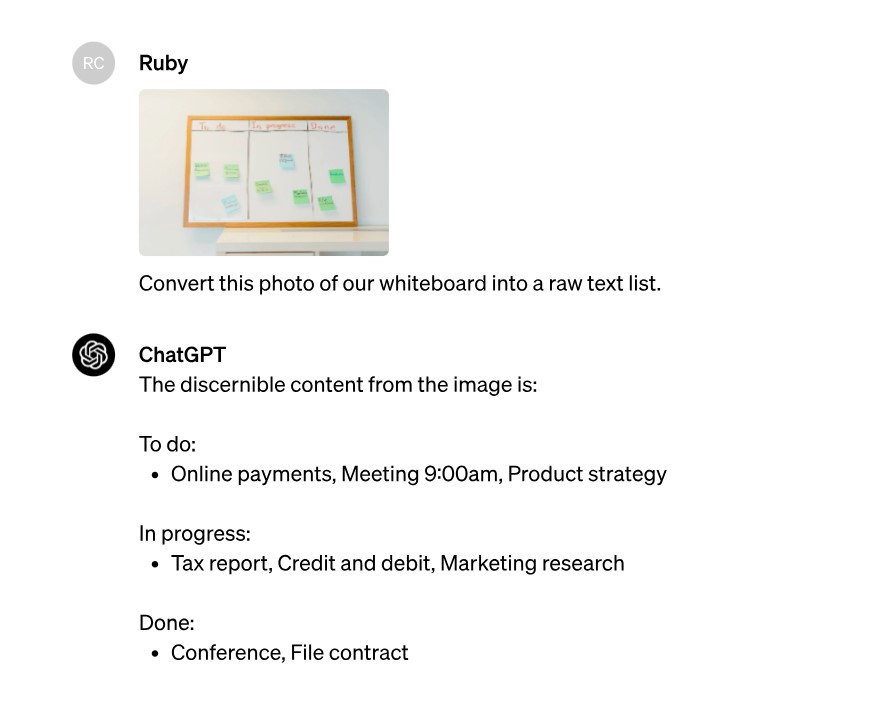
“If you've got a team of five, then $30 per person is more achievable, but the bigger the team, the higher the cost,” she added.
“Whilst I think it could be useful for small teams or individual roles, I don't think it's going to be useful as a company-wide tool”.
Rotibi also exclusively revealed CCS’s senior leader study to ITPro, which stated that 47% of senior leaders would provide access to generative AI tools on an individual or role-based basis, while 17% would give it to targeted teams.
That means the majority of senior leaders won't be considering a company-wide roll-out of AI tools any time soon.
Metered usage will realistically be the approach, Rotibi argued, but businesses will need to be careful. These costs can quickly add up and create serious headaches for businesses without the financial clout to invest heavily.
ChatGPT Team will suit smaller, contained departments
There is a secondary market that OpenAI appears to be targeting with ChatGPT Team, however, mainly the integration of AI solutions for specific departments within a broader enterprise.
ChatGPT Team gives large scale businesses the option to compartmentalize their operations by subscribing only select departments, making it ideal for firms seeking to integrate tools within segments that actually have a solid use case at this stage.
Team offers an alternative to the overkill of Enterprise in this sense, and could help a variety of business sizes find a solution to steep costs.
OpenAI should be focusing on small language models
While ChatGPT Team has its advantages, there are certain drawbacks to using large language models (LLMs) in the workplace that might hold it back before it's even got started.
RELATED RESOURCE
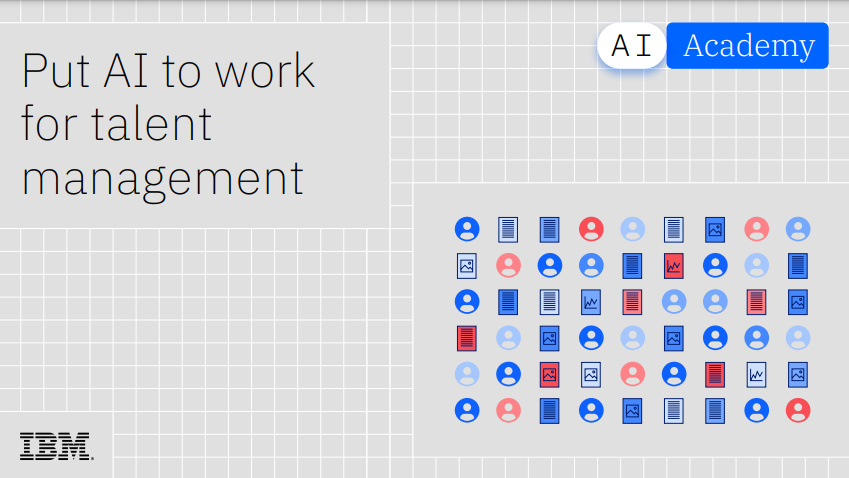
Discover why HR leaders will be crucial for workforce reskilling in the age of AI
DOWNLOAD NOW
“It is simply bad business to corrupt your sensitive and business-critical data with the cesspit of inaccuracies and stolen material that tools like ChatGPT use and are being sued for using,” AI expert and CEO of Omnilndex Simon Bain told ITPro.
Bain argued that copyright infringements and factual inaccuracies make LLMs like ChatGPT dangerous in a corporate setting. He thinks that businesses will inevitably turn their attention to small language models (SLMs) instead.
“AI will only thrive when dedicated SLM tools are brought to market”, he added. “Fortunately, 2024 looks set to be the year of the SLM with a number of companies bringing out specialist SLM tools”.
He added that these tools will ensure “the same (if not better) reasoning and analytic capabilities of ChatGPT and other LLMs without the environmental, economic, and potential legal cost of using copyrighted material”.

George Fitzmaurice is a former Staff Writer at ITPro and ChannelPro, with a particular interest in AI regulation, data legislation, and market development. After graduating from the University of Oxford with a degree in English Language and Literature, he undertook an internship at the New Statesman before starting at ITPro. Outside of the office, George is both an aspiring musician and an avid reader.
-
 Hackers are using LLMs to generate malicious JavaScript in real time
Hackers are using LLMs to generate malicious JavaScript in real timeNews Defenders advised to use runtime behavioral analysis to detect and block malicious activity at the point of execution, directly within the browser
-
 Developers in India are "catching up fast" on AI-generated coding
Developers in India are "catching up fast" on AI-generated codingNews Developers in the United States are leading the world in AI coding practices, at least for now
-
 DeepSeek rocked Silicon Valley in January 2025 – one year on it looks set to shake things up again with a powerful new model release
DeepSeek rocked Silicon Valley in January 2025 – one year on it looks set to shake things up again with a powerful new model releaseAnalysis The Chinese AI company sent Silicon Valley into meltdown last year and it could rock the boat again with an upcoming model
-
 OpenAI says prompt injection attacks are a serious threat for AI browsers – and it’s a problem that’s ‘unlikely to ever be fully solved'
OpenAI says prompt injection attacks are a serious threat for AI browsers – and it’s a problem that’s ‘unlikely to ever be fully solved'News OpenAI details efforts to protect ChatGPT Atlas against prompt injection attacks
-
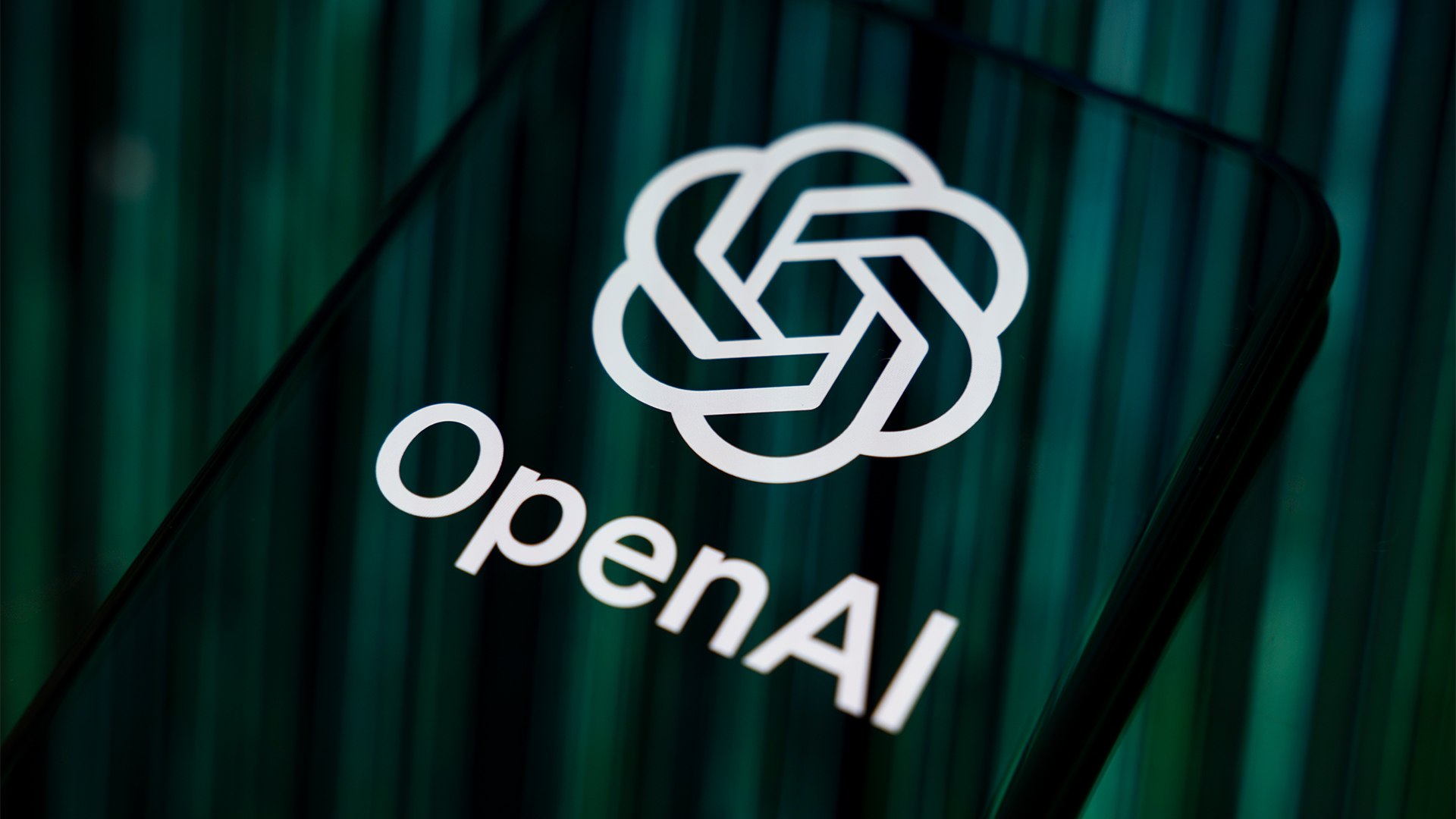 OpenAI says GPT-5.2-Codex is its ‘most advanced agentic coding model yet’ – here’s what developers and cyber teams can expect
OpenAI says GPT-5.2-Codex is its ‘most advanced agentic coding model yet’ – here’s what developers and cyber teams can expectNews GPT-5.2 Codex is available immediately for paid ChatGPT users and API access will be rolled out in “coming weeks”
-
 OpenAI turns to red teamers to prevent malicious ChatGPT use as company warns future models could pose 'high' security risk
OpenAI turns to red teamers to prevent malicious ChatGPT use as company warns future models could pose 'high' security riskNews The ChatGPT maker wants to keep defenders ahead of attackers when it comes to AI security tools
-
 Some of the most popular open weight AI models show ‘profound susceptibility’ to jailbreak techniques
Some of the most popular open weight AI models show ‘profound susceptibility’ to jailbreak techniquesNews Open weight AI models from Meta, OpenAI, Google, and Mistral all showed serious flaws
-
 'It's slop': OpenAI co-founder Andrej Karpathy pours cold water on agentic AI hype – so your jobs are safe, at least for now
'It's slop': OpenAI co-founder Andrej Karpathy pours cold water on agentic AI hype – so your jobs are safe, at least for nowNews Despite the hype surrounding agentic AI, OpenAI co-founder Andrej Karpathy isn't convinced and says there's still a long way to go until the tech delivers real benefits.
-
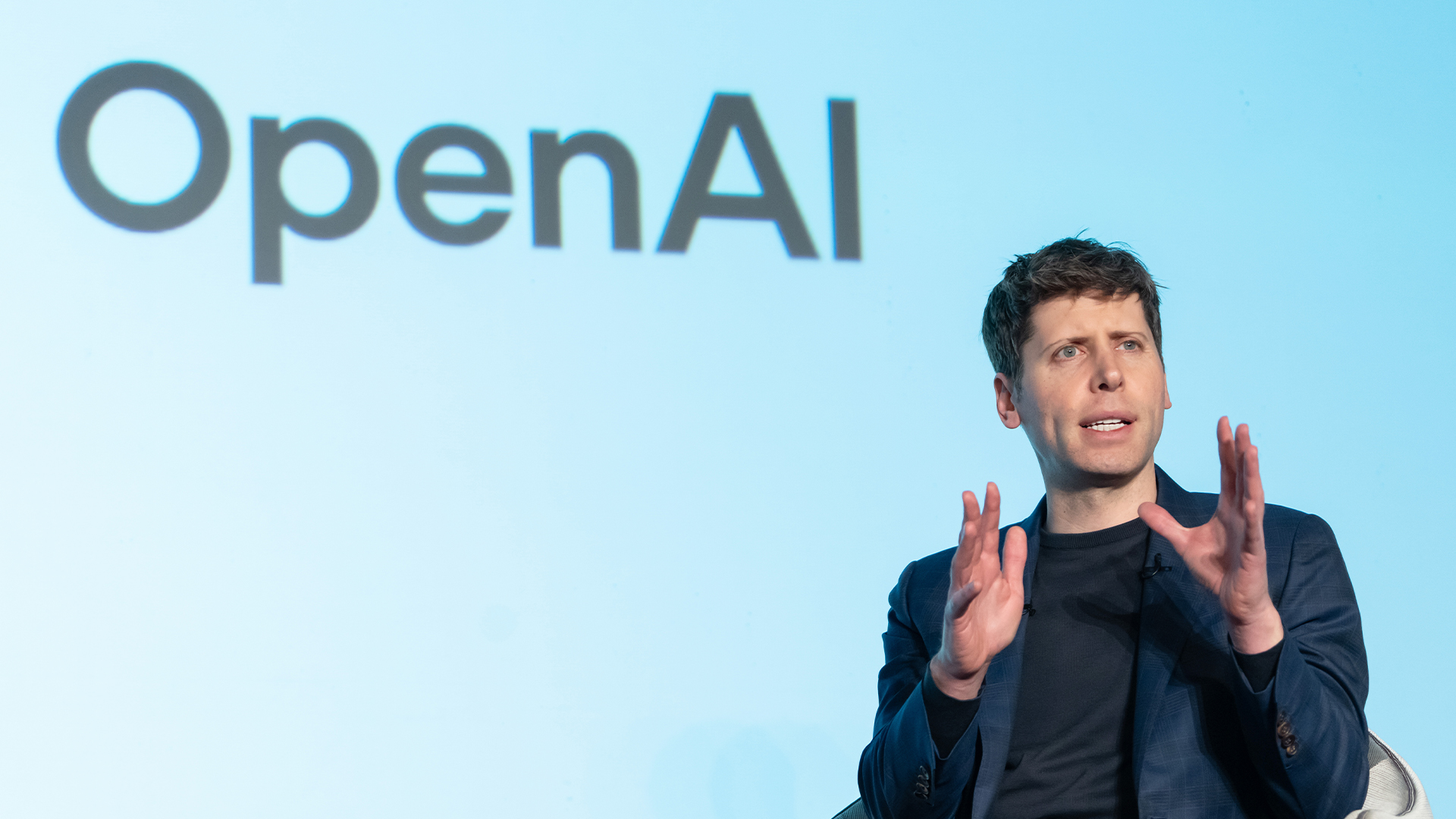 OpenAI signs another chip deal, this time with AMD
OpenAI signs another chip deal, this time with AMDnews AMD deal is worth billions, and follows a similar partnership with Nvidia last month
-
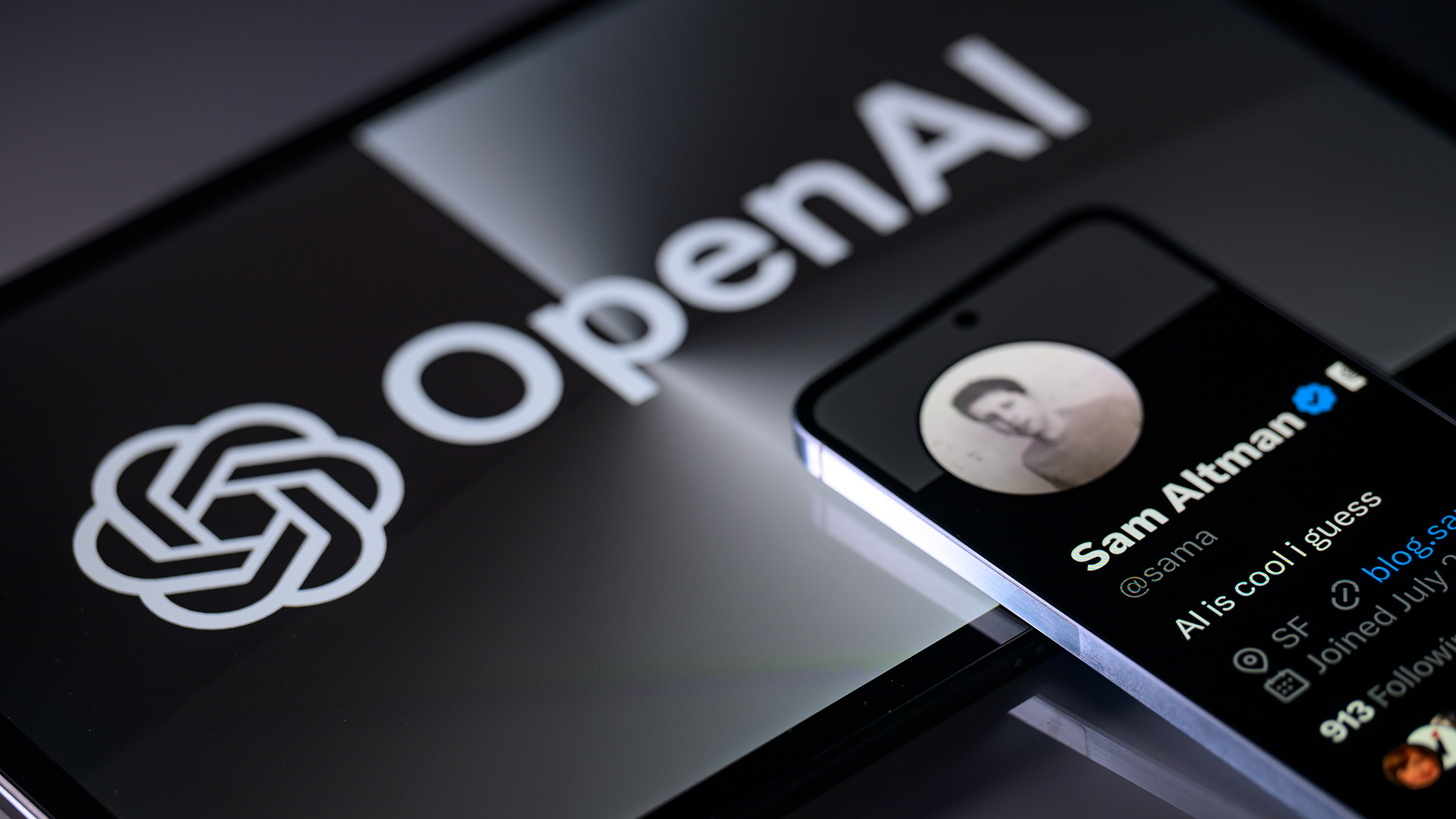 OpenAI signs series of AI data center deals with Samsung
OpenAI signs series of AI data center deals with SamsungNews As part of its Stargate initiative, the firm plans to ramp up its chip purchases and build new data centers in Korea
